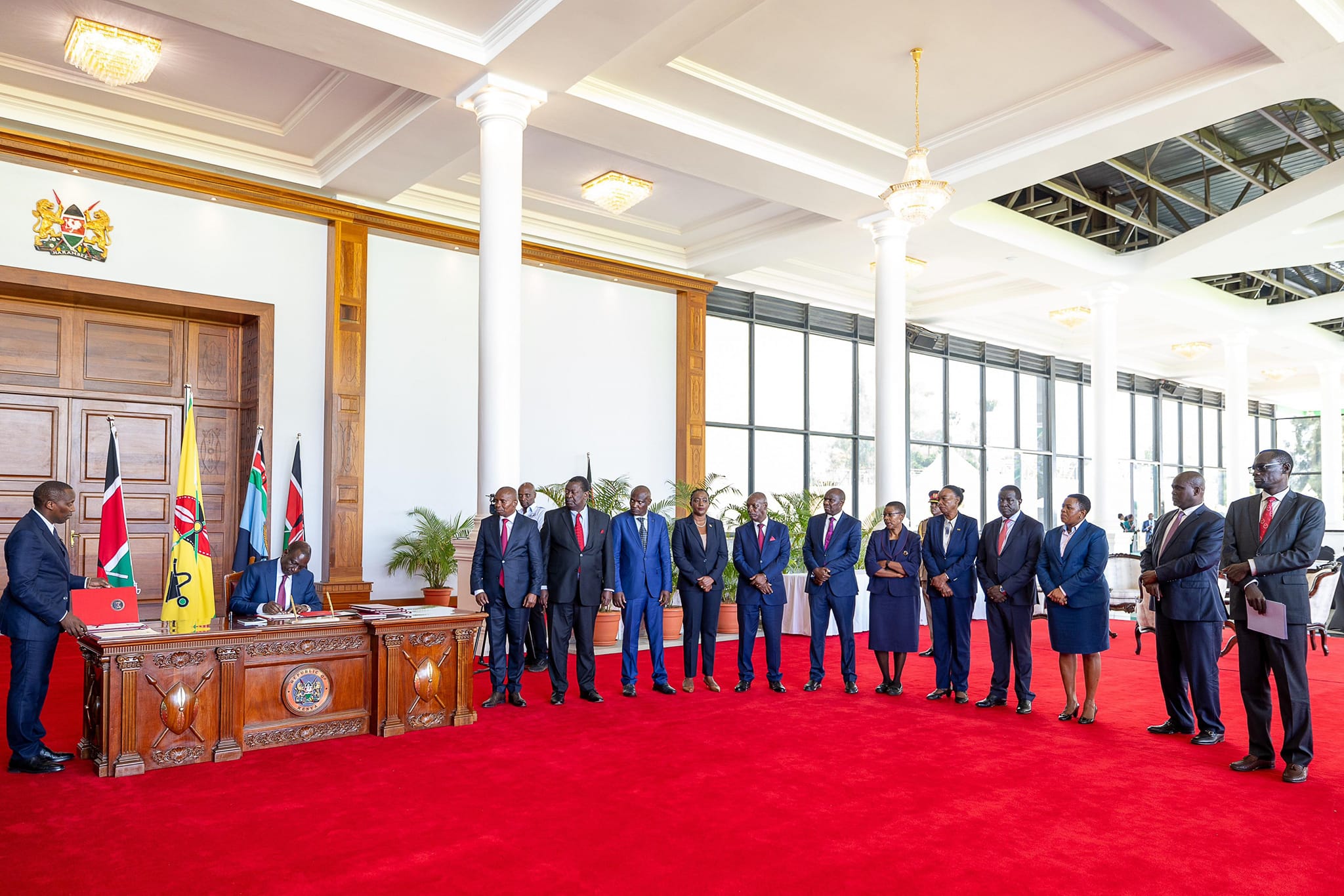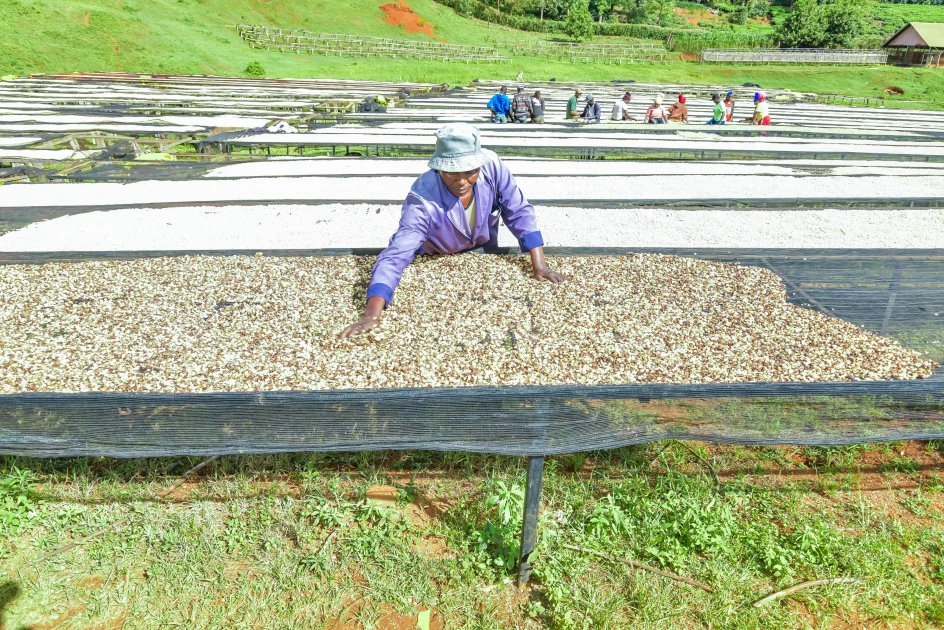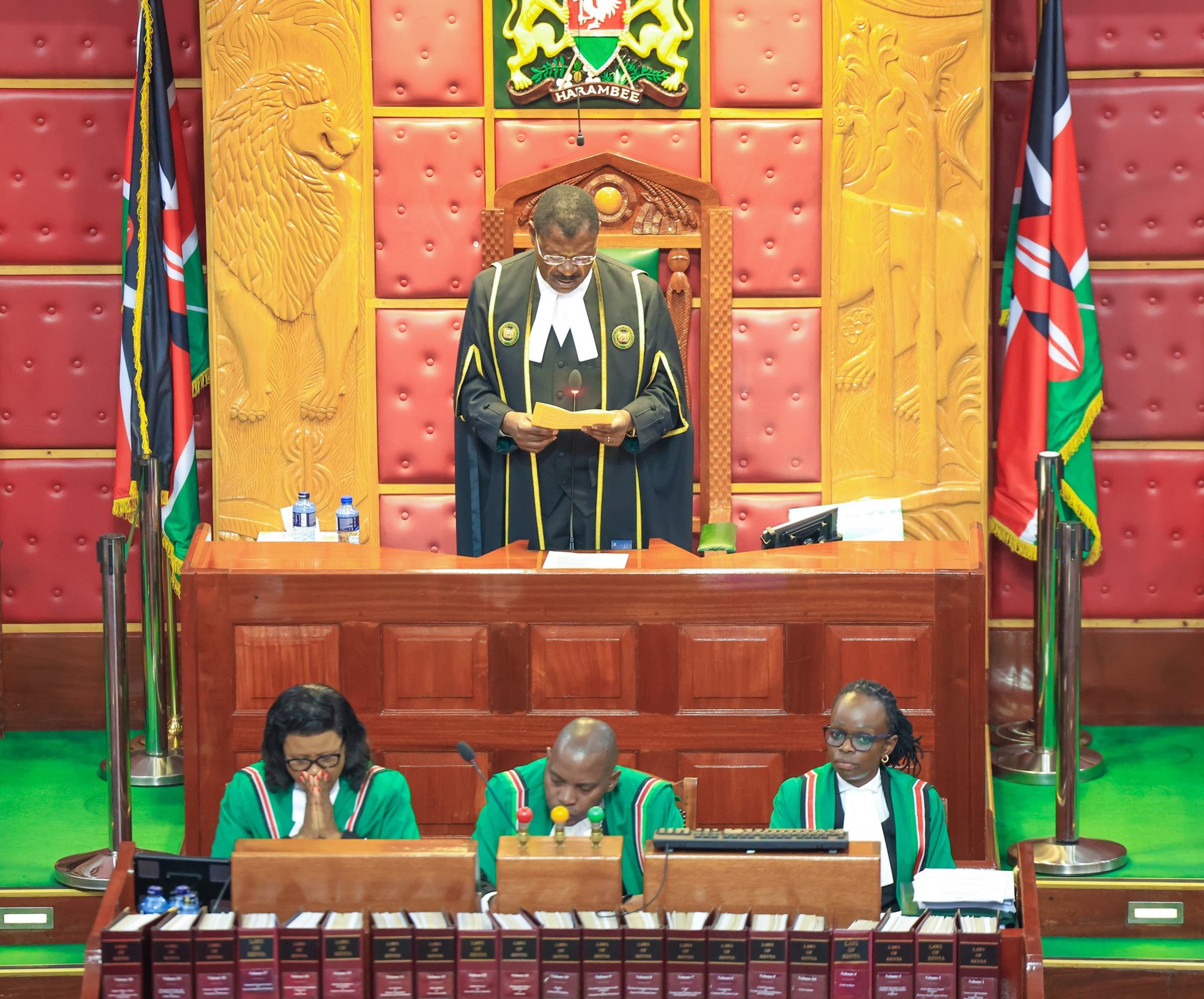President William Ruto has assented to the Sugar Bill (National Assembly Bills No. 34 of 2022) which seeks to revitalize the sector, enhancing growth, regulation, and support for cane farmers nationwide.
Sponsored by MP Emmanuel Wangwe and co-sponsored by Senator. David Wakoli, the Bill was considered by both Houses and approved by the National Assembly on Friday, 18th October 2024, and by the Senate on 29th October, 2024.
The Bill now enacted into law seeks to provide a framework for the regulation, development, and promotion of the sugar industry.
Enactment of the Sugar Bill will facilitate the transformation of the sugar sector, which has been adversely affected since 2013, by addressing, among others increased costs of sugar production, declining land acreage under sugar, lack of markets for sugar, failure to control imports and exports of sugar, poor management of sugar companies, and lack of research and cane development initiatives.
The newly signed law re-establishes the Kenya Sugar Board, restoring roles that were previously managed by the Sugar Directorate of the Agriculture and Food Authority.
The Board, comprising 14 members with representation from farmers, millers, government agencies, and the Council of County Governors, will set industry standards, facilitate local and international trade in sugar, regulate prices, and provide direct advisory support to sugar growers.
The Act also mandates the Kenya Sugar Board to appoint crop inspectors to enforce compliance, a move expected to address unregulated production and protect farmers from exploitative practices.
YOU MAY ALSO READ:
Beyond trust: Safeguarding your savings amid rising risks and governance gaps
With an eye toward industry sustainability, the Act introduces a Sugar Development Levy capped at 4% of both the value of domestic sugar and the Cost Insurance Freight (CIF) value of imports.
The funds generated will be allocated to various critical areas including 15% towards factory development and rehabilitation, 15% allocated to sugarcane-producing regions on a pro-rata basis based on production capacity for infrastructural development and maintenance; 10% for the administration of the Board; and 5% to the functions of sugarcane farmers’ organizations.
Cane farmers are set to benefit from 40% to cane development and 15% to factory rehabilitation, to boost productivity, develop infrastructure and directly support cane farmers across sugar-producing regions.
The Kenya Sugar Research and Training Institute will benefit from 15% of the development levy, empowering the institute to advance research and improve training standards. This investment in knowledge and skills aims to strengthen Kenya’s competitiveness in both local and global sugar markets.
Additionally, the Act establishes a 5-Member Sugar Arbitration Tribunal with a mandate to arbitrate disputes between sugar farmers and other players in the sugar subsector; and disputes relating to cane pricing and contract farming.
By Obegi Malack
Get more stories from our website: Sacco Review.
For comments and clarifications, write to: Saccoreview@
Kindly follow us via our social media pages on Facebook: Sacco Review Newspaper for timely updates
Stay ahead of the pack! Grab the latest Sacco Review newspaper!



